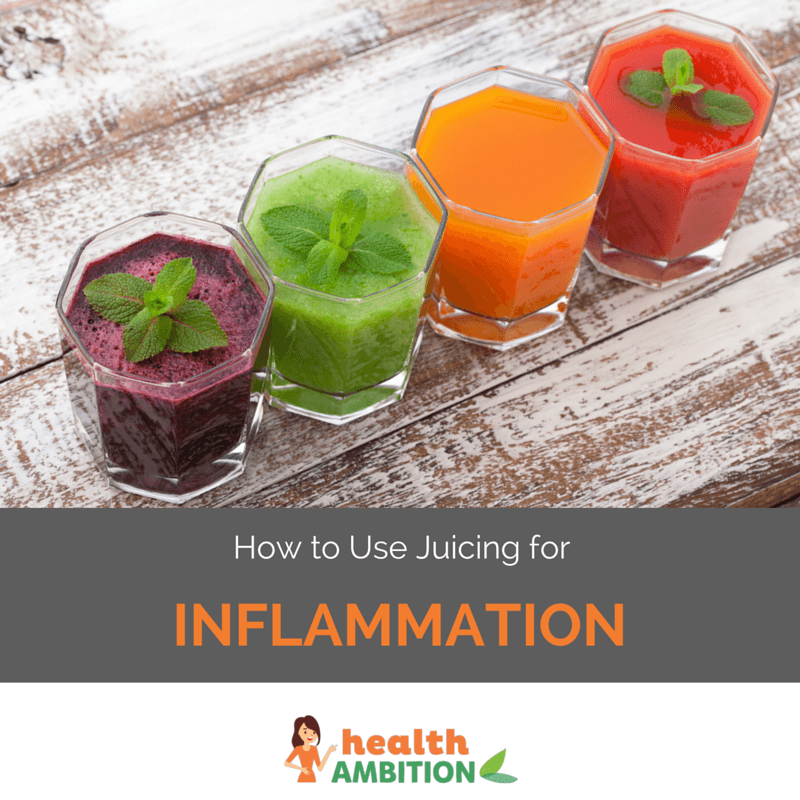
Have you heard about the awesome health benefits of juicing? Medical science has begun realizing that the foods we eat may have as much power as the drugs doctors prescribe. Aside from providing us with vital nutrients for our bodies to function, some edible plants have the power to actually reduce the symptoms of certain illnesses – just by eating them!
We all know that we must take control of our health by eating right and exercising. One way to ensure that you’re getting plenty of nourishing plant matter is through juicing.
Fresh produce has the power to help your body ward off everything from diabetes to inflammation. There are plenty of fruits and veggies that are ideal for juicing for inflammation reduction or even prevention. If you suffer from any type of inflammation, read on for tips on how juicing can help.
What is Inflammation?
Firstly, I think it’s important that you understand the meaning of inflammation. It’s not necessarily a negative thing. Inflammation is the natural process that our bodies’ immune systems use to facilitate healing. Without inflammation, our bodies couldn’t repair cuts, bruises, or sprained ankles.

Inflammation is characterized by several symptoms including redness, swelling, heat in the area, pain, and potentially reduced function in a body part if the inflammation is severe enough. Odd as it may seem, this is all just part of the healing process.
The above symptoms are indicative of the body’s immune reaction. In this reaction, the body sends white blood cells and other types of cells to the point of injury. These cells help to fight infection and begin knitting damaged tissues back together so that the injury can begin to heal.
The Difference Between Normal and Chronic Inflammation
Though inflammation is typically a perfectly healthy and helpful occurrence, it can also cause damage to the body under certain circumstances. When the immune system gets confused and causes inflammation in normal tissues, it can cause many health issues.
Acute inflammation (the body’s normal healing response) is different from chronic inflammation in that it goes away when the injury is sufficiently healed. Chronic inflammation, on the other hand, continues to rage on with no real cause.
What Causes Chronic Inflammation?
Chronic inflammation is often caused by autoimmune disorders. Autoimmune disorders are conditions where your immune system essentially turns against your own body, creating havoc and attacking healthy tissues through immune response. Some examples are rheumatoid arthritis, HIV/AIDS, and lupus.
Chronic inflammation is not only caused by diseases, however. Certain unhealthy lifestyle factors and choices can be the root factor, as well.

Smoking tobacco, bad oral hygiene, obesity, stress, excessive alcohol intake, drug abuse, and environmental pollution can also cause damaging amounts of inflammation. Making healthy choices will help curb chronic inflammation.
The ramifications of chronic inflammation are widespread and varied. Diseases like heart disease, diabetes, and cancer have been loosely connected with excessive inflammation in the body.
Foods to Avoid When You Have Excessive Inflammation
What if you could help curb chronic inflammation simply by eating the right kinds of food? That sounds significantly more pleasant than the steroids and other drugs frequently prescribed to treat chronic inflammation. It certainly wouldn’t hurt to try, would it?
Dietary measures are one of the simplest ways to help rid yourself of chronic inflammation. Your diet is firmly in your control. By avoiding inflammation-inducing foods and taking in plenty of healthy fruits and veggies and drinking plenty of fluids, you have the power to influence this process.
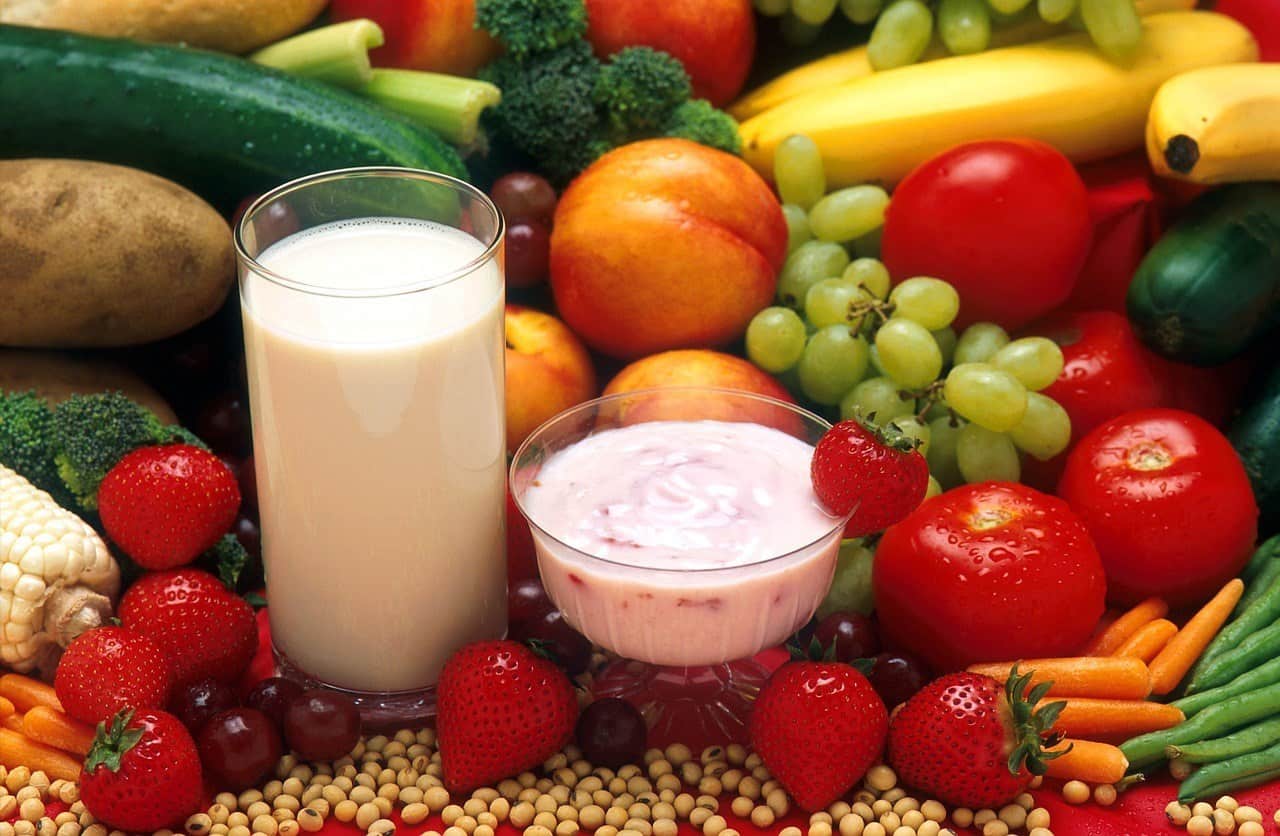
There are some foods that you should absolutely avoid when you’re suffering from chronic inflammation. These foods have been known to contribute to and worsen excessive inflammatory response in the body. Processed sugar is thought to be one of the main culprits of inflammation caused by diet. Watch your sugar intake if you’re trying to eliminate inflammation!
When juicing, it’s important to avoid excessive sugar from high-sugar fruits or veggies, as well. Choose low-sugar combinations for best results. Generally, the more processed the food product, the more likely it is to cause inflammation.
Refined grains, artificial sweeteners, and other chemical or altered food additives may increase inflammation levels. Stick mostly to whole foods.
Inflammation Fighting Foods
Enough about what not to eat, what should you be eating? There are several foods that may provide some relief from inflammation. One example is the Mediterranean diet. This may be due in part to the fish, nuts, and olive oil included. They all contain omega-3 fatty acids.
Many plant-derived foods have anti-inflammatory components. You can add these to homemade, freshly expressed juice. We’ll cover some of the best inflammation fighting juice ingredients in the rest of this article.
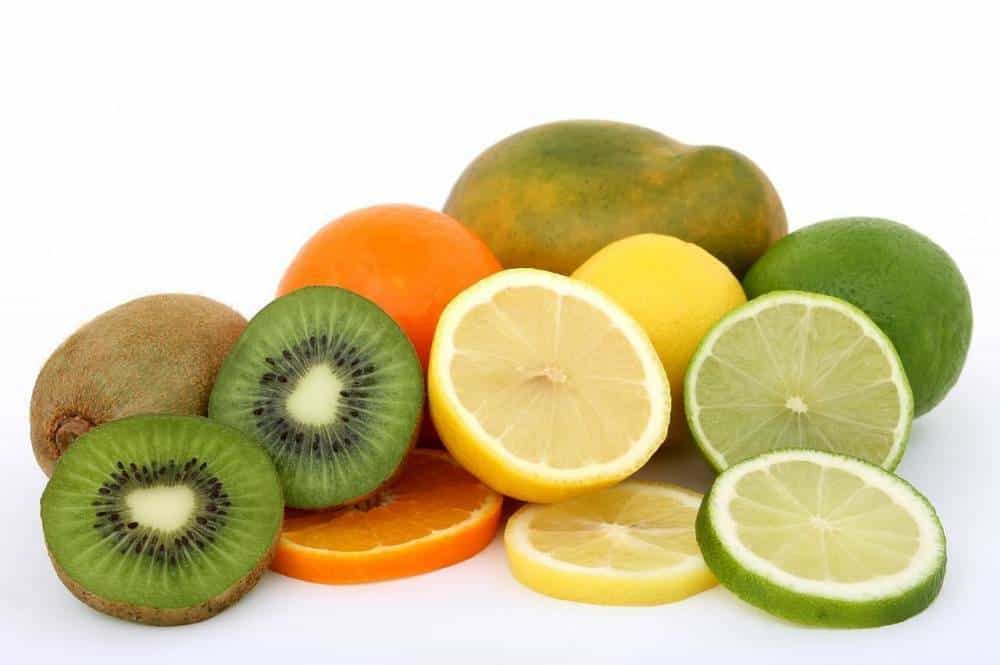
Create combinations of these anti-inflammatory juice ingredients to suit your own palate. Take control of the inflammation levels in your body by simply eating (or drinking) plenty of the following fruits, vegetables, herbs, and spices.
1. Turmeric
If you’re planning on juicing to treat inflammation, this is one little root you absolutely can’t ignore. Turmeric is a spice often dried and ground for use in cooking. It’s also put into capsules as a supplement. You can purchase fresh turmeric roots at your local health food store for juicing.
This relative of the ginger plant has been found to help with several health conditions, including cause chronic inflammation. A compound called “curcumin” in turmeric is responsible for its incredible benefits. Make sure you use small amounts of turmeric root as it can have a strong bitter and spicy flavor.
Because turmeric is a very powerful plant, it can interact with some drugs. It has been shown to lower blood sugar and thin the blood. You should always ask your doctor before taking turmeric if you have diabetes, are on blood thinners, or have gallstones. It is not safe for pregnant women.
2. Ginger
Though ginger is best known for its ability to ease nausea, recent studies have begun to prove the efficacy of ginger in treating inflammation. Researchers found that inflammation markers in the colon could be reduced through use of a ginger supplement, reducing the risk of colon cancer.
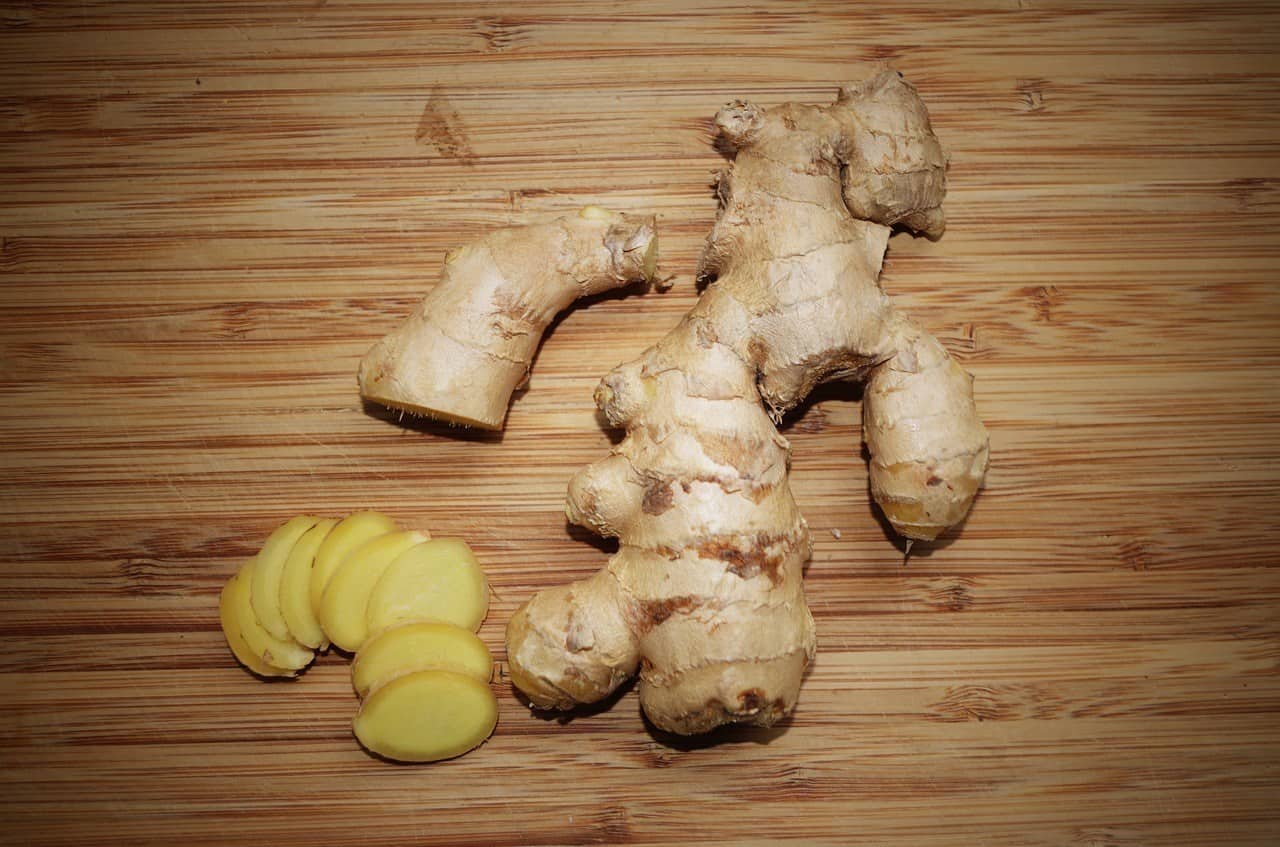
This spicy root is also very pleasant tasting. It is popular for use in many recipes and adds a mild spiciness to sweet and savory juices.
3. Garlic
Though garlic’s intense flavor profile limits its inclusion in sweeter juice recipes, it can provide a flavorsome zip to more savory ones. This root in the allium class shown anti-inflammatory properties, so it’s a perfect inclusion in a zesty Italian vegetable juice concoction.
4. Mint
Mint is a leafy herb. The oil present in mint leaves is often extracted and used in breath mints or toothpaste, but there’s a lot more to this easy-to-grow herb. It has anti-inflammatory properties too.
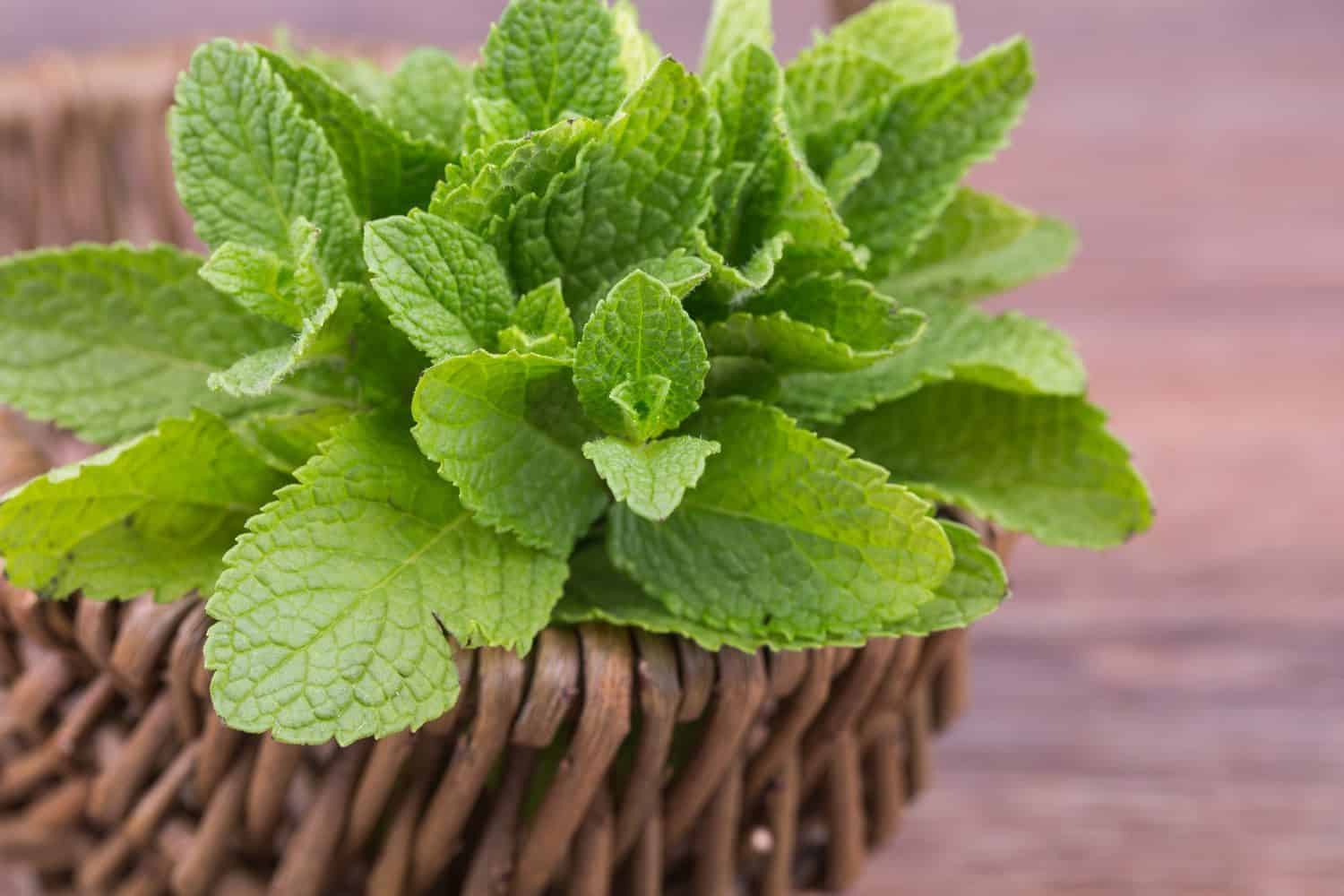
Health benefits aside, mint leaves add a cool shot to freshly squeezed juice. Often paired with fruit and veggie combinations, mint can bridge the gap between sweet and savory flavor profiles very well.
5. Tart Cherry
Tart cherry has been shown in studies to reduce levels of inflammation. Researchers at Oregon Health and Science University found that tart cherry reduced inflammation in runners. Unlike over the counter anti-inflammatory medications, tart cherries don’t have side effects.
The juice used in the studies referenced was from Montmorency tart cherries – also known as sour pie cherries. They are commonly available at many grocery stores, so they’re a perfect, easily accessible juice ingredient for beginners who want to relieve inflammation naturally.
6. Pineapple
Fresh pineapple is not only tangy and delicious. It also contains a group of enzymes called “bromelain”.
Bromelain has been shown to reduce inflammation and shorten healing time for joint injuries and bruises. Historically, pineapple has been a popular choice in primitive and Eastern medicines for this purpose.
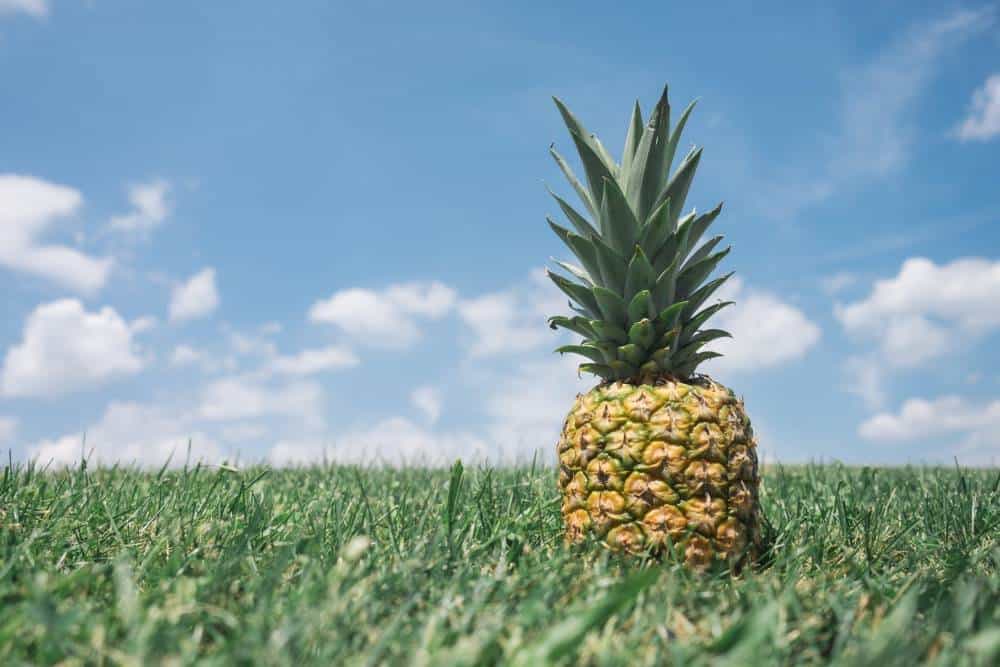
Pineapple also contains plenty of vitamin C and other nutrients that contribute to overall good health. It is easy to come by – pineapple is available year round at most supermarkets.
7. Blueberries
A much talked about antioxidant-rich berry, the blueberry, is also an anti-inflammatory powerhouse. Studies have shown that blueberries help reduce inflammation caused by oxidative stress (an imbalance in the body between damaging free-radicals and free-radical neutralizing antioxidants).
Sweet, tart, and brightly colored, the blueberry will give your juice anti-inflammatory properties and a bright, appetizing color.
8. Citrus Fruits
The vitamins and phytonutrients (plant chemicals) in citrus fruits may help decrease the effects of inflammation in the body. Citrus fruits contain one substance in particular called “hesperidin” that lowers levels of inflammation in the body.
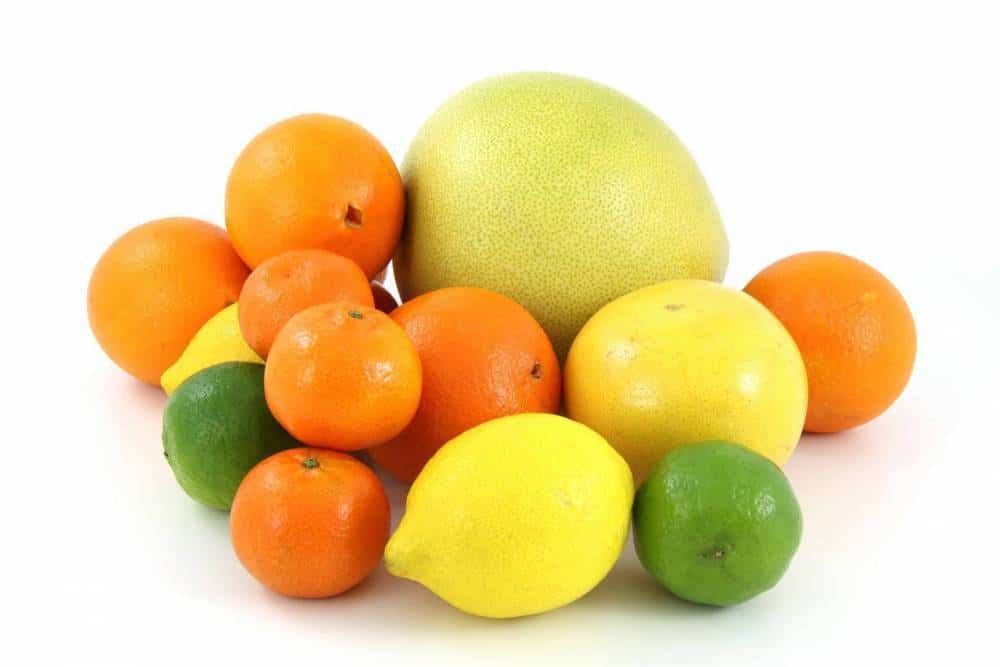
Citrus fruits include lemons, limes, grapefruits, oranges, mandarins, and tangerines. Any one of these will add a sweet, tangy twist to your drink if you’re juicing to help eliminate inflammation.
9. Broccoli
Italian researchers have found that broccoli can help reduce inflammation in smokers. Broccoli can literally undo the damage done to our bodies through our lifestyle choices. I’m impressed!
Your mom always told you to eat your green veggies, but they’re more powerful than even she knew. Broccoli contains many important nutrients that are unique to cruciferous green veggies, meaning these little green tree-like veggies are great for promoting your overall wellness.
10. Spinach
As a child, spinach may have been something you were forced to eat. These days, we know how important the many nutrients in spinach are. Fresh baby spinach is much tastier in my opinion than canned goop I thought of as spinach when I was younger.
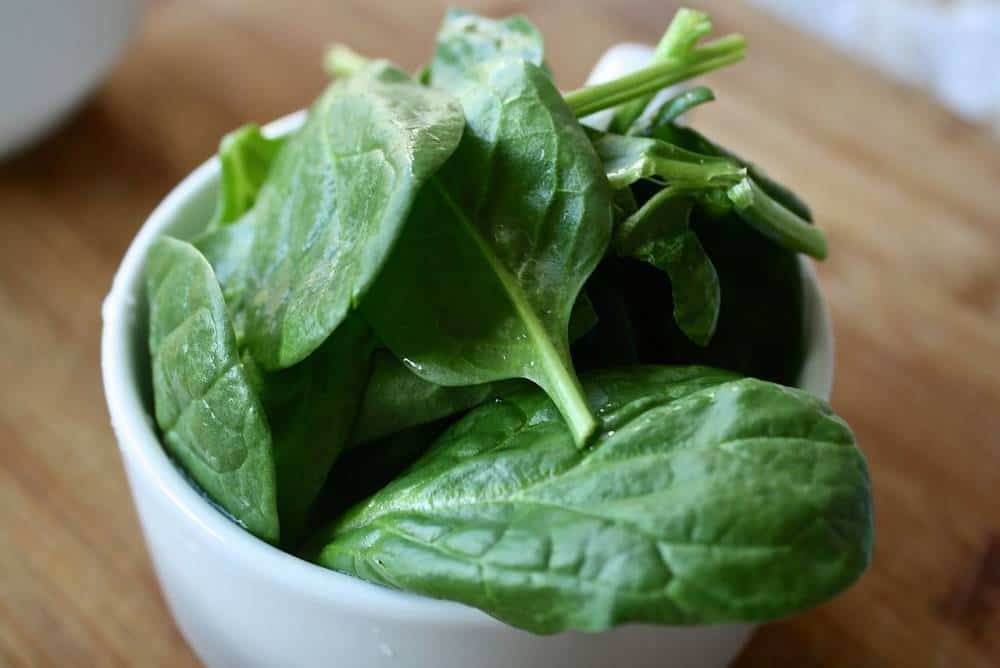
Studies have shown that this leafy green vegetable has anti-inflammatory properties too. Certain compounds in spinach are now thought to have potential as treatment for inflammatory diseases.
11. Beets
Beets contain a substance known as “betaine” that reduces the inflammatory effects of our polluted environment. These root vegetables provide a bright purple color and intense sweetness to any juice recipe for inflammation.
12. Cucumber
Cucumbers provide both hydration due to their high water content and plenty of vitamins and minerals to promote a healthy body. They also contain substances that help shut down pro-inflammatory enzymes. Cucumber will provide cool and refreshing properties to your juices.
13. Celery
It may not be strong when it comes to taste but celery packs a powerful punch in nutrition. Many of the phytonutrients in celery have been at least given cursory study in regards to their anti-inflammatory effects. Several compounds in celery that show promise for reducing inflammation.

Beware of getting rough, fibrous celery stuck in your juicer! The stringy nature of celery stalks can make them difficult to juice, but it’s worth the trouble! Celery’s mild flavor means that it won’t give your juice a taste that’s too ‘green’.
Talk to Your Doctor Before You Start Juicing for Inflammation
As we always recommend here at Health Ambition, please talk to your doctor before making any major changes to your diet or using any natural remedies to treat medical issues.
Letting your doctor know ahead of time may help prevent unfortunate drug interactions. Your physician will help you make the best choices for your particular needs. Few doctors are going to deter you from juicing, even if they don’t suggest it first. More fruits and veggies are always a good thing!
Final Thoughts on Juicing for Inflammation
Using fresh juice to help eliminate inflammation is a fairly safe, practical alternative to using over-the-counter medications, so long as your doctor is on board. There are many fruits, veggies, herbs, and spices with anti-inflammatory properties that may work together to help you feel like a brand new person.
Create your own tasty recipes and start juicing for inflammation prevention now! If you have any questions about anti-inflammatory juicing, just give us a shout!
Leave a comment